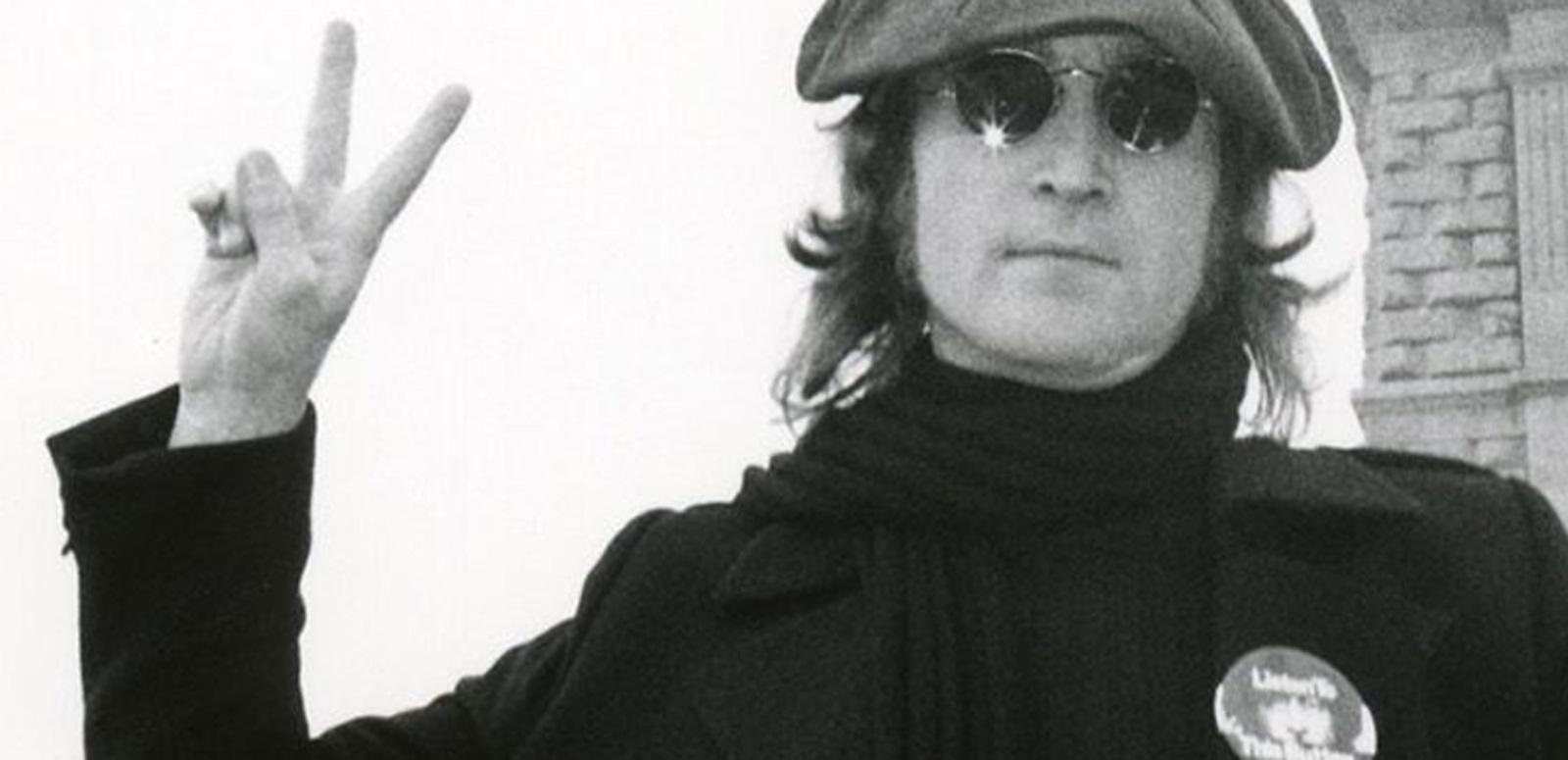It was a fleeting moment in time that left the music world completely shattered – the senseless murder of one of the 20th Century's most influential people.
PLEASE NOTE: The news stories in this article contain descriptions of murder.

It was a fleeting moment in time that left the music world completely shattered – the senseless murder of one of the 20th Century's most influential people.
PLEASE NOTE: The news stories in this article contain descriptions of murder.
John Lennon was killed on 8 December 1980, outside his home in New York, at the age of 40. His death was mourned by musicians, singers, writers, artists, actors, politicians and fans alike.
The following clip contains two reports that were broadcast on Network Ten after news broke of Lennon's death. The first report was from Ten affiliate NBC News in New York and deals with the events of the shooting. The second report, from BBC London, captures reactions from New York and London.
The end of this clip also contains footage of Lennon outside a New York City courthouse. He is interviewed about his well-documented court battle against his US deportation order, which was finally overturned in 1975:
John Lennon murdered in New York. Ten Eyewitness News, 8 December 1980. Courtesy: Network Ten. NFSA: 627001
Lennon was one of the most significant figures of the rock'n'roll landscape. His music changed the world – with The Beatles in the 1960s and as a solo artist in the 70s. While he was not without his detractors, and his life was not without controversy, Lennon was loved and revered by his fans.
The following clip from Ten Eyewitness News was broadcast on 10 December 1980, two days after Lennon's murder. The reporter talks to members of an Australian fan club dedicated to The Beatles who are obviously devastated by the news:
Fans react to Lennon's death. Ten Eyewitness News, 10 December 1980. Courtesy: Network Ten. NFSA: 627001
In the aftermath of Lennon's murder, television and radio broadcasters produced many tribute specials profiling the star. This program from radio 3GL in Melbourne, broadcast in December 1980, is a 45-minute compilation of songs, stories, interviews and commentary covering his phenomenal career and details of his tumultuous life – from a difficult childhood in Liverpool, to being a member of the world's biggest band, and finally his solo career and activism. While these types of program can sometimes feel opportunistic, this special is a moving and poignant tribute aimed at helping fans to process the news and deal with their grief:
John Lennon Special, 1980. 3GL Radio Geelong, Victoria. Courtesy: Geelong Broadcasters Pty Ltd. NFSA: 509318
Friends and fellow musicians also spoke with passion about Lennon in the weeks and months following his death. This excerpt, from Willesee at Seven in early 1981, features an interview with artist, composer and session musician Billy Preston – also known for touring with Little Richard and co-writing Joe Cocker's 'You Are So Beautiful'. Preston was a good friend of Lennon's and had played keyboard and piano for The Beatles and for Lennon as a solo artist. Preston describes Lennon as a larger-than-life character and then, at the end of the clip, we hear from John himself about how he would like to be remembered:
Billy Preston on John Lennon's legacy. Willessee at Seven. Courtesy: Seven Network. NFSA: 655422
With his second wife Yoko Ono, Lennon was a very public player in the peace movement of the late 1960s and 70s. His profound hope that his role as an advocate for peace would become a more powerful legacy than his music made Lennon's murder all the more shocking.
Even now, 40 years on, the memory of that moment still awakens feelings of sorrow and disbelief among those who were touched by his loss. It is often talked about in the same vein as the death of John F Kennedy or Diana, Princess of Wales, as people recall where they were and what they were doing when the tragic news broke.
The National Film and Sound Archive of Australia acknowledges Australia’s Aboriginal and Torres Strait Islander peoples as the Traditional Custodians of the land on which we work and live and gives respect to their Elders both past and present.